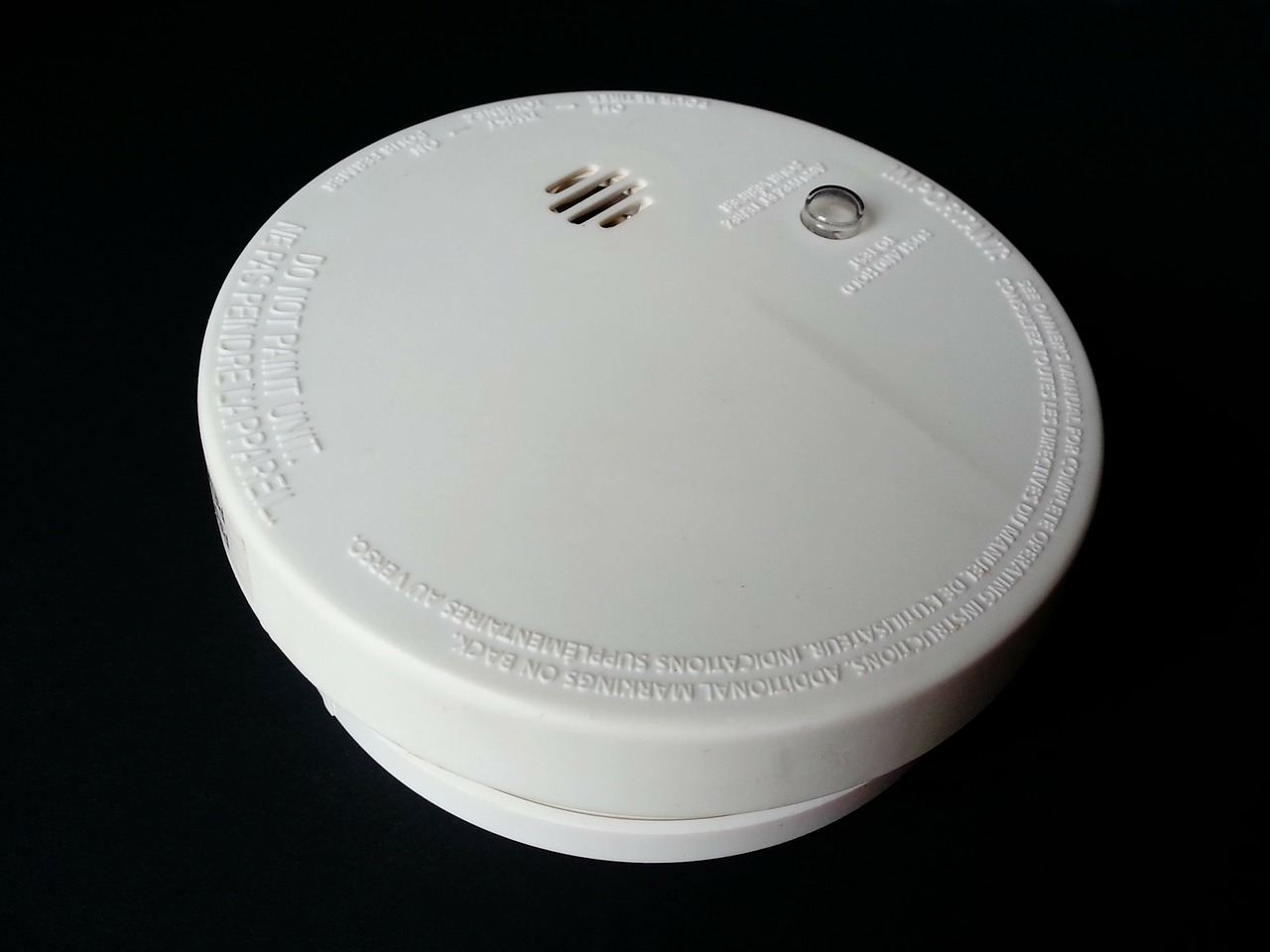Preparing Your Household For Emergencies
When danger arises, one would assume that home is the safest place to be. Although that’s true in most instances, nothing is foolproof. Your home is riddled with safety risks, and vulnerabilities that could pose a threat to you and your loved ones should something go wrong. Of course, you can’t predict or prevent every hazard, but you can take steps to create a safer oasis. Not sure how? Continue reading for emergency preparedness tips.
Maintenance And Repairs
Keeping up with household maintenance and repairs may be time-consuming and costly, but it’s necessary for your health and safety. Neglecting things like the plumbing, roofing, electrical, heating, and cooling systems can cause the structure and integrity of your home to deteriorate. It also increases the chances of fires, environmental hazards, and natural disasters damaging your residence.
Maintain what you can yourself and hire contractors on a bi-annual or annual basis to tend to the rest of your house.
Smoke Detectors
While the hope is that you’ll never have to experience a house fire or gas leak, it happens all the time. The best way to ensure that you and your relatives are safe is to install smoke detectors and carbon monoxide sensors. That way, if something does go wrong, you can be altered before someone gets hurt. If you already have detectors, ensure that you change the batteries at least twice a year.
Home Security Systems
Having someone break into your home is scary, especially if you and your loved ones are there when it happens. Prepare yourself for this potential threat by installing a home security system. The motion sensors and alarms will ward off suspicious characters, while the keypad gives you quick access to emergency personnel if you need assistance.
Generators
What do you do if the power goes out? While you could use candles and flashlights to provide some light, it may not be enough to survive several days without electricity. That’s why many homeowners have a generator on the premises. A dual fuel generator can provide a power source for your refrigerator and other electrical devices and appliances. When using the generator, try to do so sparingly by only connecting things you need like a smartphone, the fridge, and medical devices.
Food, Water, And Medical Supplies
If there’s a takeaway from the pandemic, it’s the importance of having an ample supply of food, water, and medical supplies. You never know when something could arise that keeps you from getting the things you need to survive. Create a stockpile of essentials that could last you and your family at least three months. Try to stick to nonperishable items when purchasing groceries, so they don’t go bad if the power is off. Ensure that you stock up on common medications like painkillers, cough syrup, and allergy medicine just in case. Your stockpile should also include flashlights, batteries, and candles.
Create An Evacuation Plan
While the home is the safest place to be during an emergency, there are times when evacuation is necessary. Map out the plan of when you’ll leave, what you’ll take with you, and where you will meet should you be separated for any reason. Pack some care packages and leave them in the trunk of your car in case you have to leave in a hurry. Share this plan with everyone in the house to ensure they’re on the same page. Your evacuation plan should also include important emergency numbers like the police, fire department, and ambulance.
Emergencies aren’t something anyone likes to think about, but they happen more often than not. The last thing you want to do is be caught off guard if trouble strikes. As your home provides a safe haven, use the suggestions above to ensure you’re prepared for emergencies. Finally, an evacuation plan will ensure that you and those you love most get to safety if you have to leave. Getting these things in order now will provide peace of mind and ensure that you’re ready, no matter what may come your way.

